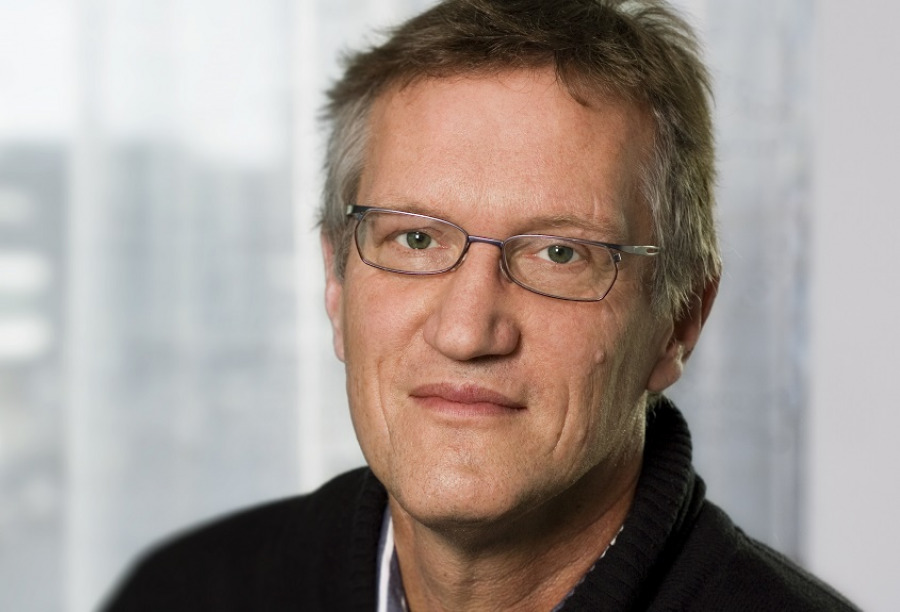
Sweden’s management of the pandemic stood out…
Anders Tegnell
Sweden’s State Epidemiologist
We are all trying to keep the spread low, to prevent our healthcare system being overstretched, but we have not gone for the complete lockdown. We have managed to keep the number of cases low enough that the intensive care units have kept working and there has always been 20 per cent of beds empty and enough protective equipment. So in that way the strategy has worked. We really believed the methods we used would reach the same effect. We don’t have huge gatherings or sport and music events. We have quite strict rules even for those organising gatherings for fewer than fifty people. They should be outside if possible and there should be handwashing and disinfectant.” Schools are open but there are restrictions. The elderly are advised not to drop off grandchildren, nor is anyone feeling ill.
Tegnell won’t criticise other countries. “That’s for history to judge,” he says. According to his calculations, there has been no higher rate of mortality in the rest of the population than in neighbouring countries. “It’s difficult because countries can’t give accurate figures with the elderly in care homes. Sweden is one of the few being rigorous.” However, fewer may die in Sweden from other diseases because the hospitals have remained open to all. “Fewer are coming for cancer and cardiac diseases, but we try to encourage them. We have a death rate increase in Sweden very closely connected to Covid-19 so I think we have persuaded most to take their other illnesses just as seriously. I think it’s a question of traditions. In Sweden we have a history of crisis-management; you are taught as much as possible to use the tools you use in normal times to keep going. It gives a lot of responsibility to individuals.” Meanwhile, the Swedish economy has been far less badly hit than those of other European countries, expected to contract by only 4 per cent this year. “None of our decisions are taken on economic grounds, but on having the most effective way of diminishing the number of people dying. We are now spending enormous resources protecting our elderly homes. Closing the schools would not have much of an effect. We feel quite confident that that was the correct decision.” Universities are teaching remotely, but exams are still going ahead to keep children grounded. “Ministers have told schools that all children should expect to have an exam this spring, just that it might be in a slightly different manner than usual.” So far, at least, Swedes are on board with their government’s approach. More than 70 per cent of the population have high level of trust in the public health agency, and about 90 per cent of the population feel they have good information.
This article is a Fika Online exclusive, with information sourced externally.
